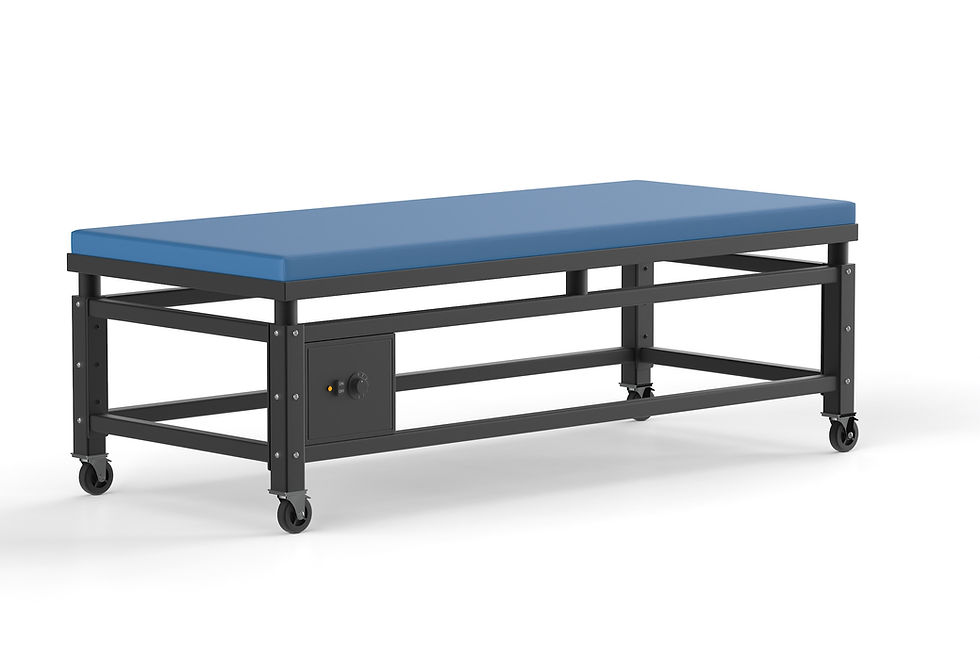Exercise Tops Drugs, Therapy for Mental Health, Study Finds
- CRAIG BRYAN
- Sep 29, 2023
- 2 min read
“If I can do this at 69 and feel like this, then I can encourage other people to do it, too,” he says. “It’s a progression they have to go through. It’s a mindset that you don’t have to be 69 years old. You get to be 69 years young.”

A huge review of more than 1,000 studies has found that physical activity is more helpful in treating mental illness than therapy and drugs.
Researchers at the University of South Australia crunched data from studies involving more than 128,000 people and reported in the British Journal of Sports Medicine:
Exercise has a big effect on mental health issues such as anxiety and depression – 1.5 times more effective than counseling and prescription medication, the university said.
All activity methods were considered effective.
Resistance exercise had the largest effects on depression, while yoga and other mind–body exercises were best at reducing anxiety.
Moderate to intense exercise gives more impact than lower intensity.
Programmed plans of 12 weeks showed a greater effect than exercising without a plan.
The World Health Organization says mental health issues affected 12.5% of the population globally before the Covid-19 pandemic. Experts agree that more people struggled during the crisis, which brought extra challenges for older people, often brought on by isolation and inactivity.
Now, this doesn’t mean that people should stop taking their medications or going to therapy! But it’s clear that good physical activity is good for our whole selves, including depression and anxiety.
“Our findings underscore the important role of physical activity in the management of mild-to-moderate symptoms of depression, anxiety, and psychological distress,” the researchers wrote.
We’ve always known that moving your body makes you feel better in every way. Let’s show you how today!



Comments